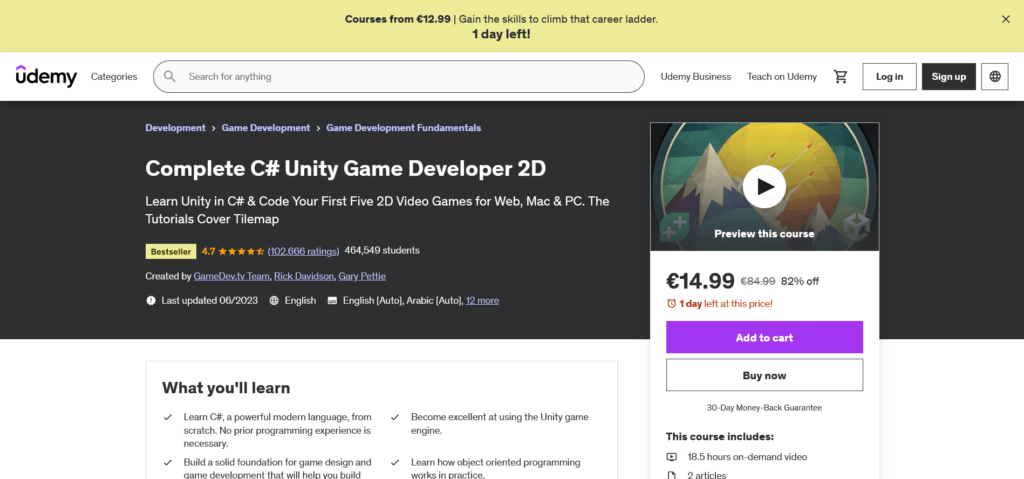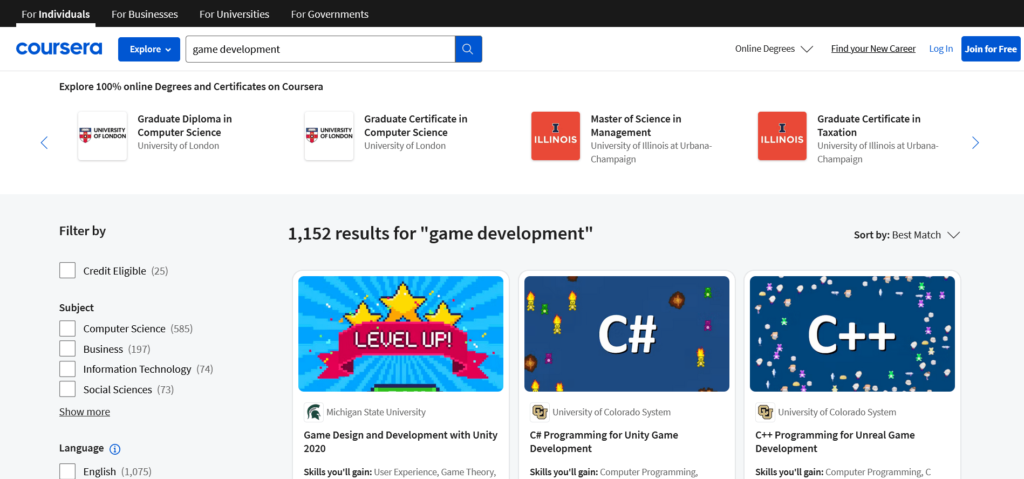Introduction
In the ever-evolving landscape of the gaming industry, creating a successful video game requires more than just technical skills. One of the critical components of game development is the “idea process” – the phase where game developers brainstorm and generate creative concepts that will captivate players. In this article, we will delve into a detailed exploration of how to come up with ideas for a video game, offering valuable insights to both seasoned developers and aspiring newcomers in the field.
Understanding the Gaming Landscape
Before embarking on the journey of generating ideas, it’s crucial to have a solid understanding of the current gaming landscape. Stay updated on industry trends, player preferences, and emerging technologies. Dive into different genres and platforms to gain insights into what works and what doesn’t. Analyze successful games to identify the elements that resonate with players, and consider how you can incorporate these elements into your own unique concept.
Staying Inspired
Inspiration is the fuel that drives creativity. To come up with innovative ideas, immerse yourself in diverse sources of inspiration. Explore literature, movies, art, music, and other forms of media that resonate with you. Attend gaming conferences, engage with online gaming communities, and participate in game jams to stay connected with fellow developers and gain fresh perspectives. By continuously exposing yourself to various influences, you’ll be better equipped to think outside the box and craft original concepts.
Identifying Your Passion
Passion is a powerful motivator, and developing a video game that aligns with your interests can lead to a more fulfilling and authentic creative process. Consider your hobbies, favorite genres, and personal experiences as potential sources of inspiration. Building a game around a subject you are passionate about will not only make the development process more enjoyable but also increase the likelihood of creating a game that resonates with players who share similar interests.
Brainstorming Techniques
The brainstorming phase is a crucial step in generating game ideas. Use a combination of structured and free-form brainstorming techniques to unlock your creativity. Mind mapping, word association, and brainstorming sessions with a diverse group of collaborators can yield a wealth of ideas. Encourage open communication, and don’t dismiss any idea immediately – sometimes, seemingly unrelated concepts can be combined to create something truly unique.
Understanding Player Needs
Put yourself in the shoes of the player. What kind of experience are they looking for? What challenges or rewards will keep them engaged? Understanding player needs and preferences is essential for crafting a game that resonates with the target audience. Conduct surveys, gather feedback from playtesters, and analyze player reviews of existing games to identify gaps in the market and areas where your game can offer something fresh and exciting.
Experimenting with Mechanics and Concepts
Experimentation is key to finding the right balance of gameplay mechanics and concepts for your video game. Consider implementing unique mechanics or combining existing ones in innovative ways. Think about the emotional experience you want players to have and design mechanics that enhance that experience. Playtest prototypes regularly and be willing to iterate on your ideas based on feedback.
Embracing Constraints
Constraints can be powerful catalysts for creativity. Whether it’s limited resources, time constraints, or technological limitations, embracing these challenges can lead to innovative solutions. Constraints force you to think creatively, encouraging you to find unique ways to achieve your vision within the given parameters. Instead of viewing constraints as obstacles, see them as opportunities to push the boundaries of your creativity.
Building a Compelling Narrative
A strong narrative can elevate a video game from a mere pastime to an immersive experience. Develop a compelling story that resonates with the game’s theme and engages players on an emotional level. Consider incorporating branching storylines, player choices, and memorable characters to enhance the narrative depth. A well-crafted story can set your game apart and create a lasting impact on players.
Iterative Design and Prototyping
The ideation process is an ongoing, iterative journey. As you generate ideas, start creating prototypes to test and validate your concepts. Prototyping allows you to visualize your ideas in action, identify potential issues, and make informed decisions on what works best. Embrace a flexible approach, be willing to pivot when necessary, and continuously refine your game based on player feedback and testing results.
Top Online Education Platforms to Unleash Your Creativity

Unlocking your creativity and mastering the art of game ideation is within reach thanks to the plethora of online education platforms available today. Whether you’re a novice looking to explore the fundamentals of game design or an experienced developer seeking to refine your ideation skills, these platforms offer comprehensive courses taught by industry professionals. By leveraging the resources and expertise provided by these online education platforms, you can embark on a rewarding journey to bring your video game ideas to life.
Udemy

Udemy is a leading online learning platform offering a wide range of courses on game development and design. Their catalog includes several courses dedicated to game ideation, taught by experienced professionals in the gaming industry. From brainstorming techniques to narrative development, Udemy’s courses provide comprehensive insights into the process of generating ideas for video games.
Coursera

Coursera partners with top universities and organizations to offer high-quality online courses on various subjects, including game development. Their game design and development courses cover topics such as creativity in game design, prototyping, and player experience. Coursera’s platform allows learners to access course materials, participate in interactive quizzes, and engage with a global community of peers.
LinkedIn Learning

LinkedIn Learning (formerly Lynda.com) is a popular platform known for its extensive library of professional development courses. Game developers can find courses on game design and creativity, which delve into the process of generating ideas for video games. With flexible learning options and expert-led instruction, LinkedIn Learning provides a valuable resource for honing your game ideation skills.
Skillshare

Skillshare is an online learning community where creators share their skills through video tutorials and workshops. Game development enthusiasts can explore courses on brainstorming techniques, storytelling, and game design fundamentals. Skillshare’s platform fosters a collaborative learning environment, allowing members to share feedback and ideas with fellow learners.
Top 10 Most Searched Questions and Answers About How to Generate Video Game Ideas
- How do I find inspiration for a video game?
Finding inspiration for a video game involves immersing yourself in various sources. Explore different genres of games, read books, watch movies, engage with art, and participate in gaming communities. The key is to expose yourself to diverse influences, allowing your mind to synthesize unique ideas from a broad range of experiences.
- What are the current gaming trends for inspiration?
Staying updated on current gaming trends is essential for crafting ideas that resonate with players. Follow industry news, attend gaming conferences, and analyze successful games to identify emerging patterns. This awareness will help you understand player expectations and allow you to incorporate fresh elements into your own game concepts.
- How can I turn my hobbies into video game ideas?
Your personal interests and hobbies can be a goldmine for video game ideas. Consider the activities that you are passionate about and think creatively about how they can translate into engaging gameplay. Whether it’s sports, music, or a niche hobby, infusing your game with your personal interests can lead to a more authentic and enjoyable creative process.
- What are effective brainstorming techniques for game ideas?
Brainstorming is a fundamental aspect of generating video game ideas. Techniques like mind mapping, word association, and collaborative brainstorming sessions can stimulate creative thinking. Encourage open communication and explore a wide range of concepts, allowing the ideation process to flourish with diverse perspectives.
- How do I understand player needs when creating a game idea?
Understanding player needs is crucial for creating a game that resonates with the audience. Conduct surveys, gather feedback from playtesters, and analyze player reviews of existing games to identify preferences and areas where your game can offer a unique and enjoyable experience.
- What role does experimentation play in generating game ideas?
Experimentation is key to discovering innovative game ideas. Consider experimenting with gameplay mechanics, combining different elements, or introducing unique twists to existing concepts. Prototyping and playtesting regularly allow you to refine your ideas based on practical insights and player feedback.
- How can I make my game idea stand out in a saturated market?
In a saturated market, differentiation is crucial. Focus on creating a unique selling proposition (USP) for your game. Whether it’s an innovative gameplay mechanic, a compelling narrative, or a distinct art style, identifying what sets your game apart will help it stand out amidst competition.
- What are the benefits of embracing constraints in game development?
Embracing constraints, such as limited resources or time constraints, can foster creativity. Constraints force you to think outside the box and find innovative solutions to challenges. Rather than hindering your creative process, constraints can become catalysts for unique and resourceful game design.
- How important is a compelling narrative in a video game idea?
A compelling narrative adds depth and engagement to a video game. Craft a story that aligns with your game’s theme, introduces memorable characters, and explores immersive storylines. A well-crafted narrative not only captivates players but also provides a cohesive structure for your game.
- What is the significance of iterative design in game development?
Iterative design is essential for refining and perfecting your game ideas. Create prototypes, playtest regularly, and be open to feedback. The iterative process allows you to identify flaws, make improvements, and ensure that your game evolves into a polished and enjoyable experience for players.
Coming up with ideas for a video game is a dynamic and exciting process that requires a blend of creativity, research, and adaptability. By addressing the most searched questions about generating video game ideas, this article aims to provide comprehensive insights to aspiring game developers. Remember, the key is to enjoy the creative journey, and with these answers in mind, you’ll be well-equipped to bring your unique video game vision to life.
Conclusion
Coming up with ideas for a video game is a dynamic and multifaceted process that requires a combination of creativity, passion, and a deep understanding of the gaming landscape. By staying inspired, identifying your passion, leveraging brainstorming techniques, understanding player needs, experimenting with mechanics, embracing constraints, building a compelling narrative, and embracing iterative design, you can embark on a rewarding journey to create a game that captivates players and leaves a lasting impact on the gaming industry. Remember, the key is to enjoy the creative process, and the result will undoubtedly reflect the passion and dedication you invest in your video game project..














